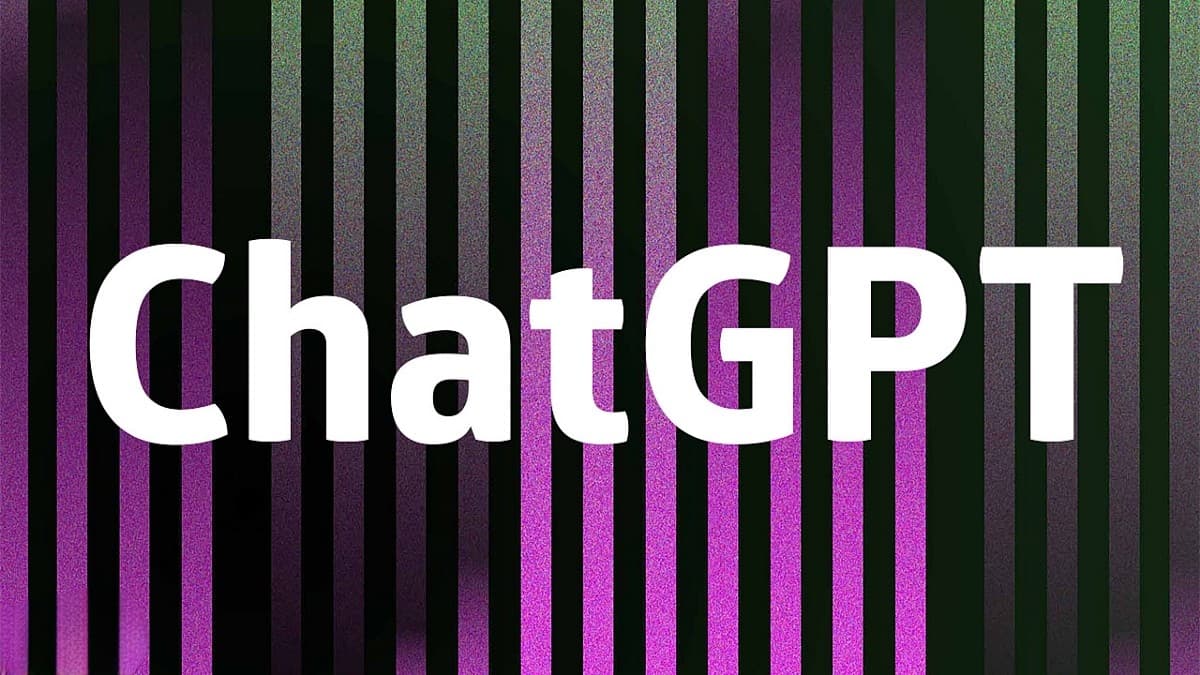Five reasons why using ChatGPT for digital content could be bad for law firms
While using tools like ChatGPT for law firm web and marketing content may sound appealing. But doing so raises issues of copyright protection, legal inaccuracies, and more.

Websites and content marketing have always gone hand-in-hand, but AI writing tools like ChatGPT have disrupted that in many industry verticals, including the legal space.
However, law firm website providers and digital marketing agencies don’t have to see it as a threat to their current strategies. Here are several reasons why tools like ChatGPT may be bad for law firm digital content.
1. Lack of Copyright Protections
The law can be slow to catch up with evolving trends and technology, but in 2022, the U.S. Copyright Office fought back on multiple copyright claims for AI-generated material. In a recent statement, the USCO had this to say: “Copyright under U.S. law requires human authorship. The Office will not knowingly grant registration to a work that was claimed to have been created solely by machine with artificial intelligence.”
This means any content on law firm websites that is AI-generated would not be protected by copyrights. Competing firms or other websites looking to quickly build out their content portfolio could potentially freely use the content, leaving firms without much legal recourse.
2. Legal Inaccuracies
AI content tools are not flawless in terms of accuracy. Even after experimentation, we found that tools like ChatGPT can make errors with even simple legal topics. Common mistakes include confusing federal and state law, citing outdated precedents and including incorrect facts and figures.
Though thorough proofing can correct legal inaccuracies, the research required is not dissimilar to the amount of effort that would have to be put into writing the content to begin with. Despite proofing efforts, the chances for legal inaccuracies to be reflected on law firm websites increase once AI tools are used in the content creation process.
3. Lack of SEO
ChatGPT is good at generating content that is indistinguishable from content written by a human writer with basic to proficient writing skills. However, there is a distinct difference between writing content for the sake of content and writing content with SEO best practices.
A skilled SEO writer will analyze keywords, study trends and custom-write content with the law firm in mind. Every law firm is going to have different goals and strategies worth employing to uplift its content and website traffic, and AI tools are not able to reflect those goals within the content they generate.
4. Rank Penalties
New user traffic for any website is going to be primarily dictated by Google search ranking. Unfortunately for those who use ChatGPT or other AI tools, Google has taken a strong stance against such content. According to Google Webmaster and Trend Analyst John Mueller, “If you’re using machine learning tools to generate your content… it’s still automatically generated content, which means for us (Google) it’s still against the webmaster guidelines.”
Google has been known to provide harsh ranking penalties for those that violate their terms of service. In 2012, Google de-ranked Chrome—its own product—for 6 months after a violation of its ad policy. The potential for de-ranking and other similar ranking penalties on AI-generated content is high.
5. It Is Detectable
Businesses and websites promising to detect content generated by tools like ChatGPT have sprung up quickly, and they are already providing a great deal of detection accuracy. Not only is this helping agencies and schools detect when submissions are being generated by AI, but it is also a reasonable assumption that Google has already implemented similar, and perhaps better, tools for detection in its own processes.
Moreover, ChatGPT has plans to implement a cryptographic watermark, not dissimilar to watermarks currently employed on images to avoid plagiarism. The difference is that the cryptographic watermark will be hard for humans to detect, but relatively easy for software detection.
Does ChatGPT Still Have Its Uses in Legal?
As with any tool, issues only tend to arise with misuse. While agencies like Civille would argue that using AI for direct content creation is a misuse of the tool, there is no denying that tools like ChatGPT may have strong use cases for law firms. Idea generation, outlining and non-customer-facing materials may be where AI shines in modern law firms.


